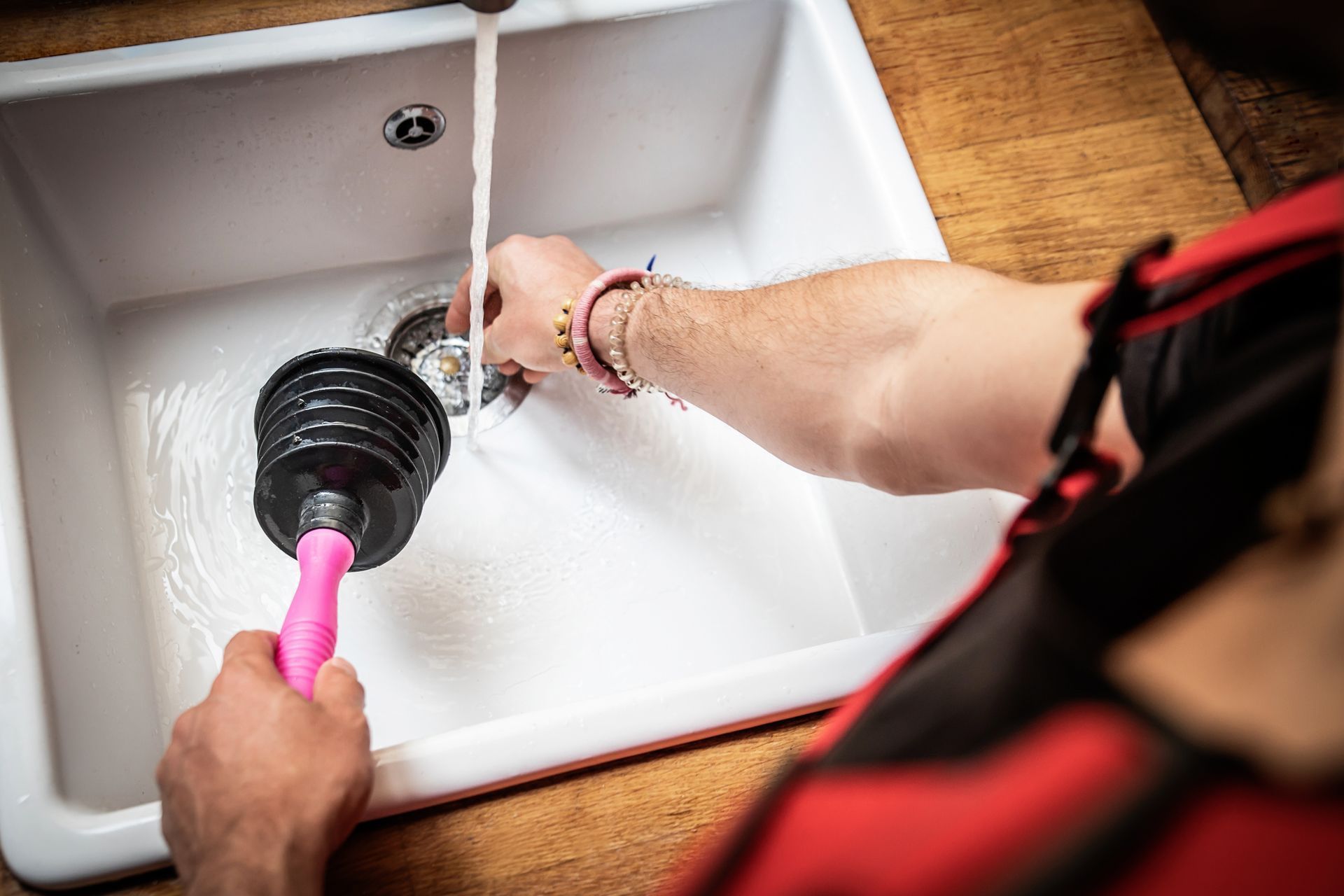How Can You Extend Your Water Heater's Lifespan?
July 23, 2021
Most water heaters are installed in hidden sections of a home, away from plain sight. You're likely to assume that all is well with your heater if you're getting hot water whenever you want. However, your water heater might gradually develop issues that might be difficult to notice if you're not paying attention.
If you do identify a problem, performing repair work yourself can be dangerous if you don't have the proper protective gear. You're better off letting a licensed plumber handle all repairs instead. But how can you ensure that your tank serves you well for longer?
1. Drain or Flush the Tank Periodically
Water from your local supplier might contain impurities that cool off to form dense chunks when heated at high temperatures. As the chunks settle, they sink to the tank's bottom and create a thick layer of sediment. With time, the bottom of your tank develops a coating that reduces your tank's efficiency and capacity.
Additionally, some of the debris rises to the top of the tank resulting in noises during your tank's active hours. The coating forces your system to work harder when heating water. You end up paying more in monthly energy bills.
To avoid such issues, you should clean and flush your water heating system at least every year
. Alternatively, you could install self-cleaning heaters that get rid of the sediment themselves. However, you would still need to schedule a cleaning session after a while, just to be on the safe side.
2. Monitor the Anode Rod
Anode rods are steel metal rods that collect minerals in the water, including calcium, to prevent gradual corrosion of your heating system. Because your water heater unit has metal in its structure, rust is always going to be a problem. Corrosion from rust can drastically limit your heater's performance and longevity. Rust forms from specific minerals that eventually eat away at the tank's lining.
The anode rod acts as a protective component by collecting corrosive minerals before they end up on the tank surface. Although most tanks have a glass layer to protect against rust formation, some structural metal will still be exposed to the water.
You'll still need a functional anode rod to prevent rust from ruining your heating system. The rod will eventually live out its purpose, after which you'll need to schedule a replacement. Your plumbing expert can advise on the replacement frequency, depending on the quality of the water supply of your home.
3. Use an Expansion Tank
Expansion tanks help extend your water heater's lifespan, especially if your system is a closed-type unit. A closed system has a valve to ensure that water from your heating system doesn't flow back into the mains.
Water in your system expands when heated. But because water is incompressible and there's no alternative outlet, the resulting intense pressure places tremendous strain on your system. The successive variations in pressure strains both the plumbing system and the water heater unit.
Premature failure is imminent, and you'd have to part with a significant sum to fix the issue. Eventually, your tank will be unable to keep up, decreasing its overall longevity. Fortunately, an expansion tank can easily handle the stress and help your water heater unit last longer.
Why Maintenance Checks Are Important
Identifying and fixing problems early is easier with routine maintenance and care. While on a routine visit, your plumber can identify and fix issues such as small leaks quickly before they get out of hand. By working closely with your plumber, you avoid frequent and costly repairs that might end up reducing your water heater's lifespan.
Water heaters are crucial in your everyday home activities. For more tips on getting the most out of your unit, contact O'Fallon Sewer Service
today.
This article takes a detailed look into the most prevalent factors contributing to sewer backups in and around your home. Read on for more.
The pipes in your home and workplace are often out of sight, out of mind. But as they age, they can pose a variety of issues. Read about them in this blog.
Bursting water pipes is a common issue that homeowners face. Here are some common causes of burst pipes and how you can prevent this unpleasant issue.
Some tree roots invade underground drainage pipes and wreak havoc. Discover how to safeguard your investment and keep your drains flowing freely.
One way to increase value is upgrading the plumbing system. Read on to discover four plumbing ideas to help increase a home's worth before selling.
If you own a home with a septic tank, locating your septic tank can be difficult. Discover five simple ways to locate your septic tank.
As a homeowner, you must learn to detect sump pump issues early. Read this blog to learn about four common sump pump issues to look out for.
If you get the right plumber for your home, you will save money and time. Discover how to find the best plumber for your next project.








